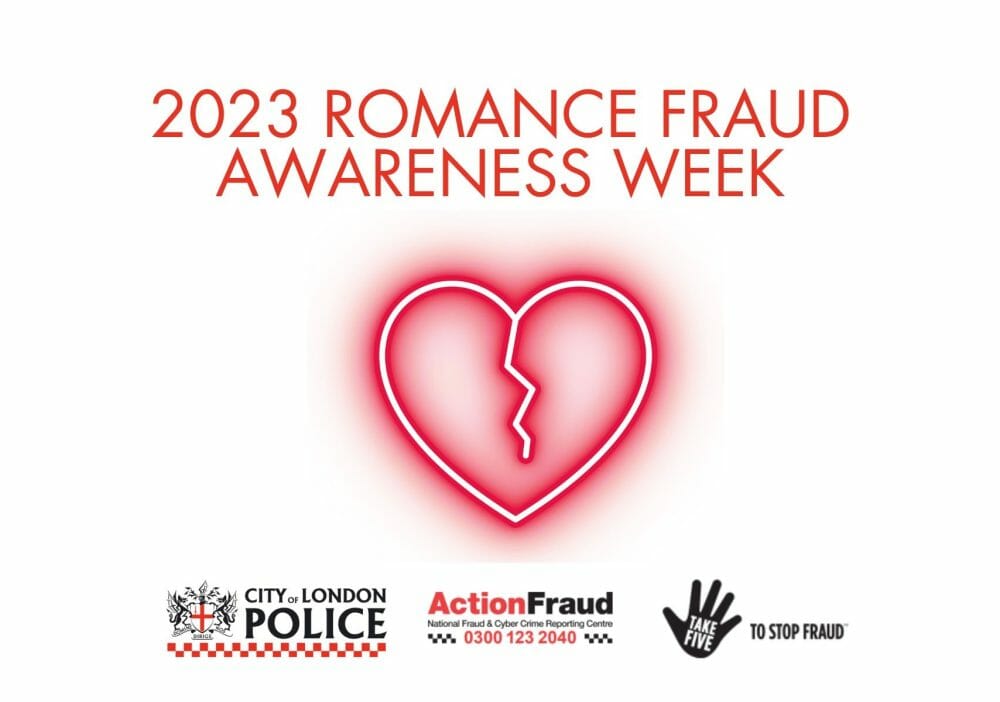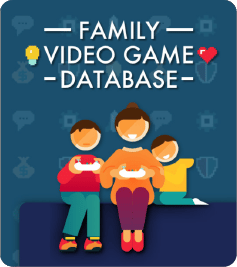What is “romance fraud”?
Romance fraud is when people are defrauded into sending money to criminals who go to great lengths to gain their trust and convince them that they are in a genuine relationship.
Fraudsters continue to use a range of tools and techniques to systematically groom, isolate and manipulate victims to ultimately exploit them for financial gain. They use fake personas / sites / companies, fabricated narratives and false documents to bolster those narratives.
The façade of a genuine relationship is built and there is an onslaught of gaslighting, coercive control and emotional blackmail creating an unhealthy emotional dependence.
Themes common to romance fraud include:
- Loneliness and isolation (unhappy marriage, widowed or divorced, lacking a strong social support network – though this is often a result of the manipulation of the fraudster)
- Grief (fraudsters often purport to have shared similar experiences of loss and the fraudster is perceived by victims as essential to help them navigate difficult life experiences)
- Debt (loss of money or assets being conveyed as a temporary situation and secondary to the quest or desire of happiness. Also mitigated by the promise of repayment or impending wealth promised by the fraudster)
- Denial (having invested so much emotionally as well as financially into this false reality, victims struggle to accept the fraud for what it is)
- Blame and shame (often a barrier to victims ceasing contact with the fraudster or engaging with police or support services)
- Mental health (existing mental health challenges, those being exacerbated by the fraudster, or as a result of realising the fraud)
The effects of romance fraud can be devastating financially, emotionally and psychologically. It has a detrimental impact on all areas of victims’ lives – finances, physical and mental health and relationships.
Romance fraud key facts and data
- 8,036 romance fraud reports were made to Action Fraud in FY 2022-2023 (a 6.7% reduction since the previous FY)
- Cumulative losses were £92.8m (a 3.8% reduction compared with the previous FY) and the average loss was £11.5k
- Romance fraud is underreported so the true scope and impact is greater than Action Fraud reports suggest
- Romance fraudsters operate all year round, on dating sites (50%) and increasingly on social media platforms (35%).
- There has been an increase in the use of crypto-currency and a hybrid romance fraud with an investment element.
- Fraudsters are elusive, hiding behind fake profiles, false documents, fake sites, obscuring their location using others’ details and laundering proceeds through complex muling networks and crypto-currency, moving money out of the UK
- The impact of romance fraud can be devastating financially, emotionally and psychologically for victims
- 60% of victims are female (mainly aged 30-80), 40% male (mainly aged 50-80). The older the victim, the more likely the financial loss is on the higher end of the scale.
- Gay men are disproportionally targeted; 3.4% of males identified with an LGB+ sexual orientation in the 2021 census (Office for National Statistics), 11.8% of male victims identifying with an LGB+ sexual orientation
- Anyone can be a victim of romance fraud. Fraudsters focus primarily on the vulnerable and lonely, though this is often a temporary state they prey upon.










































